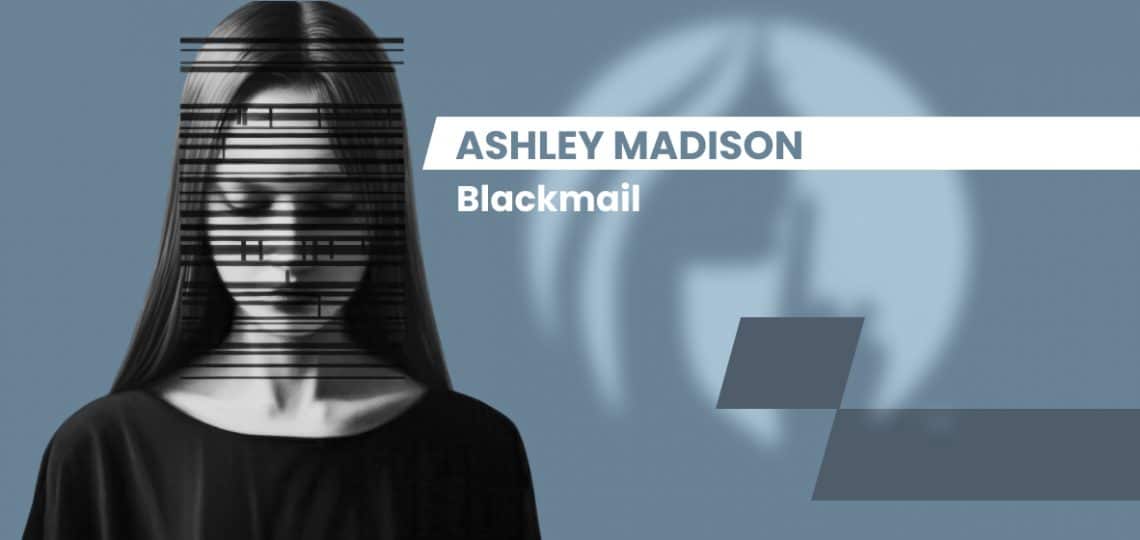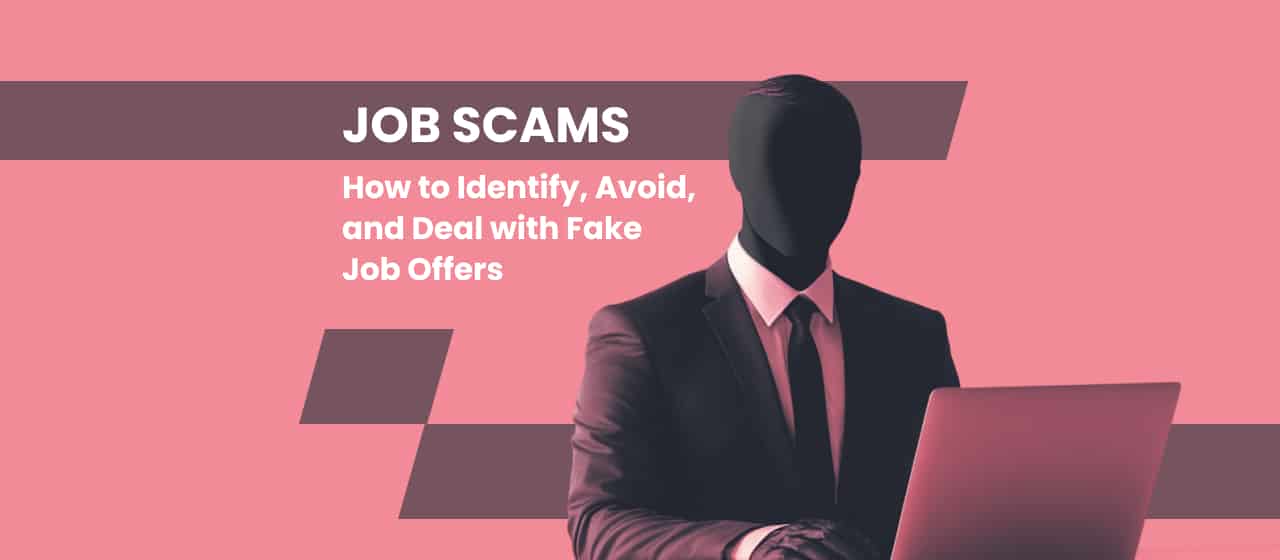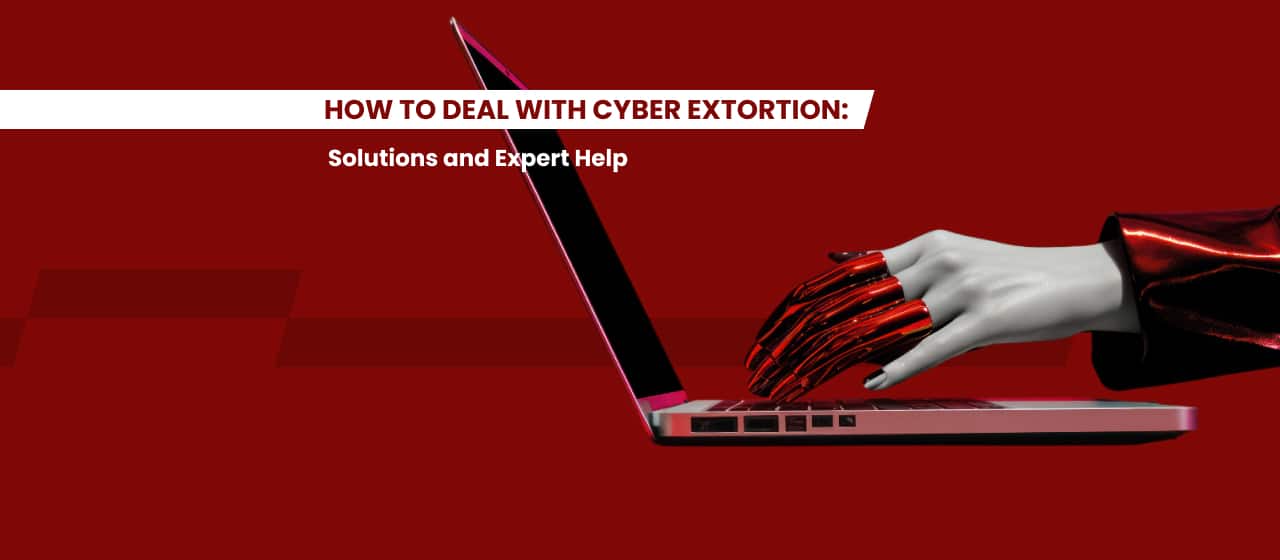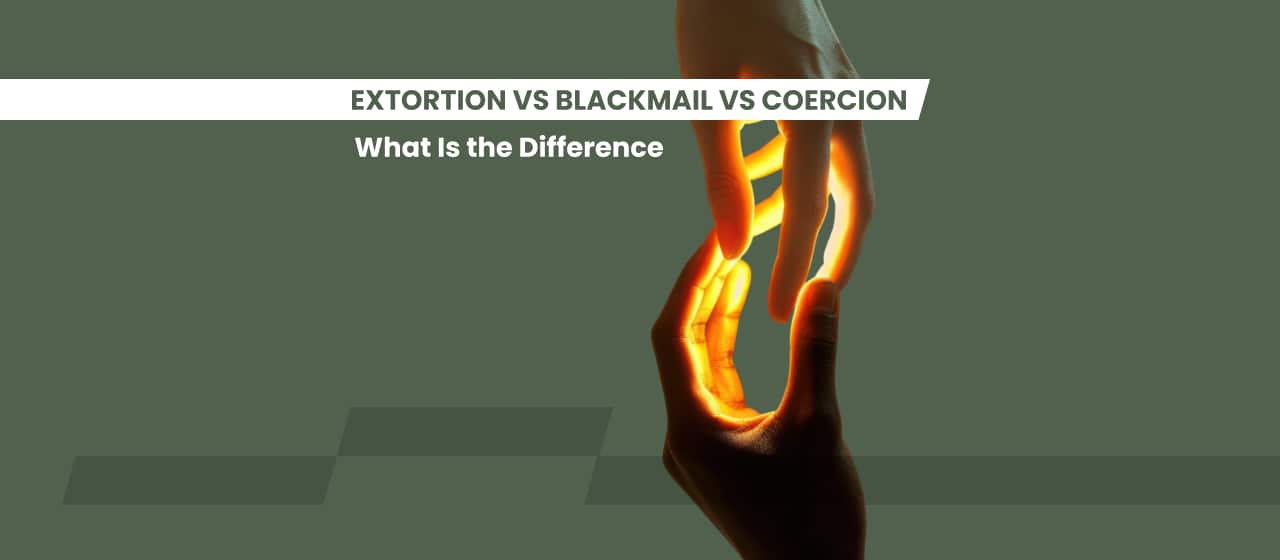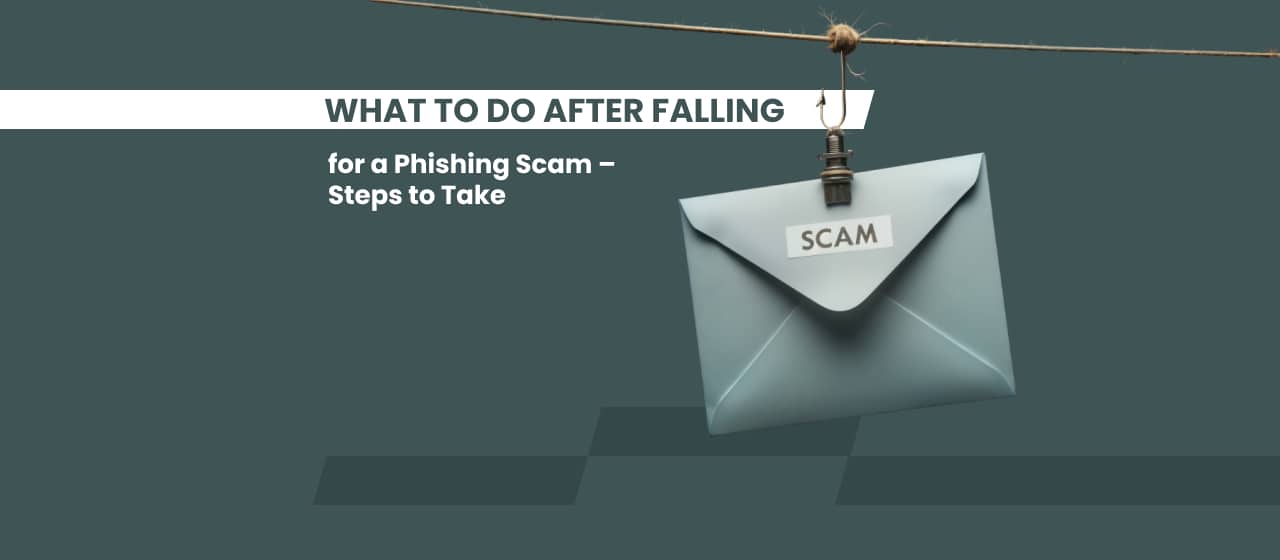Ashley Madison has earned itself quite a reputation over its years of service. Since it hit the internet in 2001, the dating platform for married users has received its fair share of backlash from the public. Its “life is short, have an affair” motto flies in the face of traditional values, and its methods for storing and deleting user data spurred a data breach in 2015. When users log on to the site looking for an extramarital affair, they may just open themselves up to online blackmail. Keep reading to learn more about the risk of blackmail on Ashley Madison.
Why is Blackmail so Prevalent on Ashley Madison?
The nature of Ashley Madison’s service makes its users a prime target for blackmailers. Unlike other platforms that require the blackmailer to gather material to leverage, the very existence of an Ashley Madison account can be used to extort people. If a blackmailer knows how to reach their victim’s spouse, they can threaten to leak their unfaithful activity.
Most know of the data breach in 2015, especially after the Netflix documentary, but not all consider the fact that blackmailers still run rampant. Those who had their data leaked are still at risk of being revictimized, and new users are targeted constantly. Ashley Madison users were targeted in a less-covered sextortion email scam as recently as 2020.
These are just the two big cases that received a lot of news coverage. Our experts have helped numerous victims who found themselves in isolated blackmail cases that didn’t grace headlines and covers. It’s important for all Ashley Madison users to understand the risks of blackmail on the platform and what warning signs to look for.
Disproportionate Demographics Lead to Tilted Targeting
Scammers can easily single out their targets by setting filters based on factors such as age, sex, ethnicity, location, and financial status. This lets them filter through a large userbase and select victims based on demographics that are more susceptible to blackmail.
Men are at the highest risk of facing Ashley Madison blackmail, making up roughly 84% of the 2015 data breach dump. Of the roughly 36.4 million registered accounts on the site in 2015, only just over 5 million belong to women.
A Barrage of Bot Accounts
Men received over 20 million messages from the 70,592 bot-accounts created solely by the platform itself. Internal company emails leaked in the data breach showed CEO Noel Biderman encouraging employees to create fake accounts, known as “Angels”.
These accounts remain inactive until a bot takes them over and begins targeting male users. These interactions are constantly occurring every few minutes, and this does not account for fake profiles created by blackmailers and other criminals.
Users are not required to confirm their email to register an account, and female accounts are free to open and use. This results in a large pool of male users who already have something to hide just by existing on Ashley Madison — a digital playground for blackmailers.
What Are Warning Signs of Blackmail Scams on Ashley Madison?
As with any blackmail case, there are a number of red flags that pop up when users are targeted on Ashley Madison. By being aware of these signs, you can better position yourself to safely use the platform.
- Unrealistic Profiles. Many users join Ashley Madison to find the affair of their dreams. However, it’s not likely that a wealthy, supermodel-esque individual is going online to hook up with random users. If their profile looks too good to believe, it probably is.
- Suspicious Activity. Do their messages seem unnatural? Maybe they claim to speak your native tongue fluently, but their grammar appears to be sloppily translated. They might have information on their profile that doesn’t match what they’ve said in your messages. This type of behavior can be an indicator that you are speaking with a scammer.
- Personal Requests. Any requests for private information or money online should set off alarms in your head. No matter their reason for asking, it is never a good idea to divulge this type of data online.
- Attempts to Move Platforms. Blackmailers do this to try to have less restricted conversations where they can coerce their victims. Additionally, they will often try to connect with you on multiple platforms to gain access to your friends lists. This information lets them threaten to release your data to friends, family, and colleagues.
Real-World Case: Florida Woman Extorts Married Doctor on Ashley Madison
In 2015, Debbie O’Flaherty Lewis from South Florida tried to extort a man she’d met on Ashley Madison. The online interaction led her to meet the man, a prominent doctor in the area, in person at a hotel for a physical affair.
After the meeting, the man suggested they take some time apart and expressed guilt for his unfaithful actions. This enraged O’Flaherty-Lewis, who began sharing personal details about the man that he had not previously disclosed. She threatened to tell his family about their affair if he did not pay off her $7,000 credit card bill.
The doctor had attempted to pay $4,000, but the transaction could not be completed without O’Flaherty-Lewis’s full name. After she gave him an account linked to the name “Amber Lewis,” he met with his lawyer and the Broward County Sherrif’s office (BSO).
Upon reviewing the evidence and photographs of the perpetrator, it was determined that the culprit was an employee at BSO. Under law enforcement supervision, a sting operation was conducted. The evidence collected displayed O’Flaherty-Lewis’s extortion of the doctor, as well as plans to extort another victim.
O’Flaherty-Lewis was arrested and charged with extortion. There is no information on the sentencing or a potential out-of-court settlement available online. At the time it was reported, she was facing a sentence of up to 15 years in prison.
What Should You Do If You Are Blackmailed on Ashley Madison?
If you believe you’ve been targeted by Ashley Madison blackmail, it’s critical that you try to remain calm. It’s a terrifying prospect, but matters will only get worse if you act irrationally. Try to collect your thoughts and proceed with these suggested actions from our experts.
- Don’t Pay Them. Never pay the perpetrator of any cybercrime as this will only lead to further extortion. They’ve already deceived you, so why should you take them at their word when they say they’ll back off if you pay?
- Keep the Line Open. Your initial instinct may be to block the blackmailer, but this can delete critical evidence. Instead, use delay tactics while you gather proof and get the assistance you need.
- Gather Evidence. Take screenshots of any accounts, messages, or other data that will help create an accurate timeline of the crime. You will need this evidence to report the crime and support the pursuit of restitution.
- Report the Crime. Notify both Ashley Madison and law enforcement of the crime committed against you. This can help have the perpetrator’s account removed and allow you to take legal action.
Is It Safe to Report Blackmail from Ashley Madison to The Police?
Yes, the first step you should take when experiencing any online blackmail is filing a police report. We understand that you might have reservations toward reporting the crime due to feelings of shame or embarrassment. However, the police are professionals, and you should proceed without fear of judgement.
Begin by filing a report with your local police. This will establish a record of the crime and help rule out the threat of a local attacker, if nothing else. You should then proceed with reporting the crime to the FBI through the Internet Crime Complaint Center (IC3).
Seek Help from a Cybersecurity Firm
Consider the benefits of working with cybersecurity professionals. These experts can give you access to resources and knowledge that would be inaccessible alone. Through techniques like IP-to-location and metadata analysis, cybersecurity professionals can identify the devices, location, and identity of the blackmailer. This evidence is critical for legal action like restraining orders and civil litigation.
What Legal Options Are Available to Blackmail Victims?
Ashley Madison did eventually pay settlements of $1.6 million to the FTC and $11.2 million to the users impacted by the 2015 breach. However, individual complaints may not receive the same level of media notoriety or legal attention. Your best bet is to speak with an attorney who specializes in online blackmail. They will be able to advise you on the best course of legal action, help build a strong case, and can speak on your behalf in legal proceedings.
How to Protect Yourself from Blackmail on Ashley Madison
If you still decide to continue using the Ashley Madison platform, it is advised that you consider the following precautions to avoid potential blackmail. Here’s how our analysts suggest you safely use the platform.
- Keep Your Information Secure. Disable the default automatic exchange of private keys, avoid using photos of yourself that can be linked to other online accounts, and don’t give out any personal information.
- Be Cautious When Meeting New Profiles. With the plethora of bots and the ease of creating a fake account with no verification, you should be wary of people who are not who they claim to be.
- Don’t Send Content to Unknown Accounts. Sharing intimate or personal content with anybody you don’t know is ill-advised and opens the door for sextortion and other crimes on Ashley Madison and any other platform.
- Trust Your Instincts. An interaction on Ashley Madison may make your hair stand on end for inexplicable reasons. Even if you can’t pinpoint exactly what is causing your alarm, you should listen to your gut feeling.
And if you are faced with Ashley Madison blackmail, know that the team at Cyber Investigation Inc. is here to help. You can reach us 24/7 to speak with one of our specialists and get rid of your blackmailer for good.
